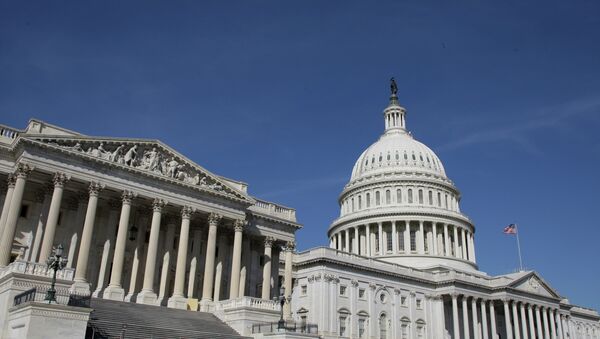WASHINGTON (Sputnik) — The US Environmental Protection Agency must introduce regulations based on accessible or reproducible scientific data only, US Congressman Mac Thornberry said in a statement upon the passage of the Secret Science Reform Act in the US House of Representatives.
“The Secret Science Reform Act, which passed by a vote of 241-175 Thursday, requires the EPA to base its regulations on the best available science that is publicly available,” the statement, released on Thursday, said.
Thornberry noted that the bill will make the EPA more transparent and more accountable to the American people.
Congress passed the legislation following the passage of EPA Science Advisory Board Reform Act, which requires nominees to the Board to disclose financial relationships and interests.
On March 3, the White House officials said they would advise US President Barack Obama to veto the legislation if it reaches his table.
The Secret Science Reform Act has drawn opposition from science groups and advocates who consider it an attempt to weaken future regulations and favour industry.
“A great deal of important research, particularly related to public health, is based on sensitive personal information that [the secret science] bill would exclude from consideration,” US Congresswoman Katherine Clark said in a statement on Thursday.
In July 2014, 50 US scientific societies and universities, including Stanford, Harvard and Cornell, sent a letter to the US House saying that if the bill becomes a law, the EPA may be prevented from considering important non-reproducible studies.



